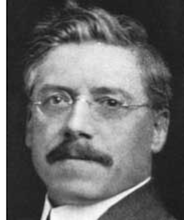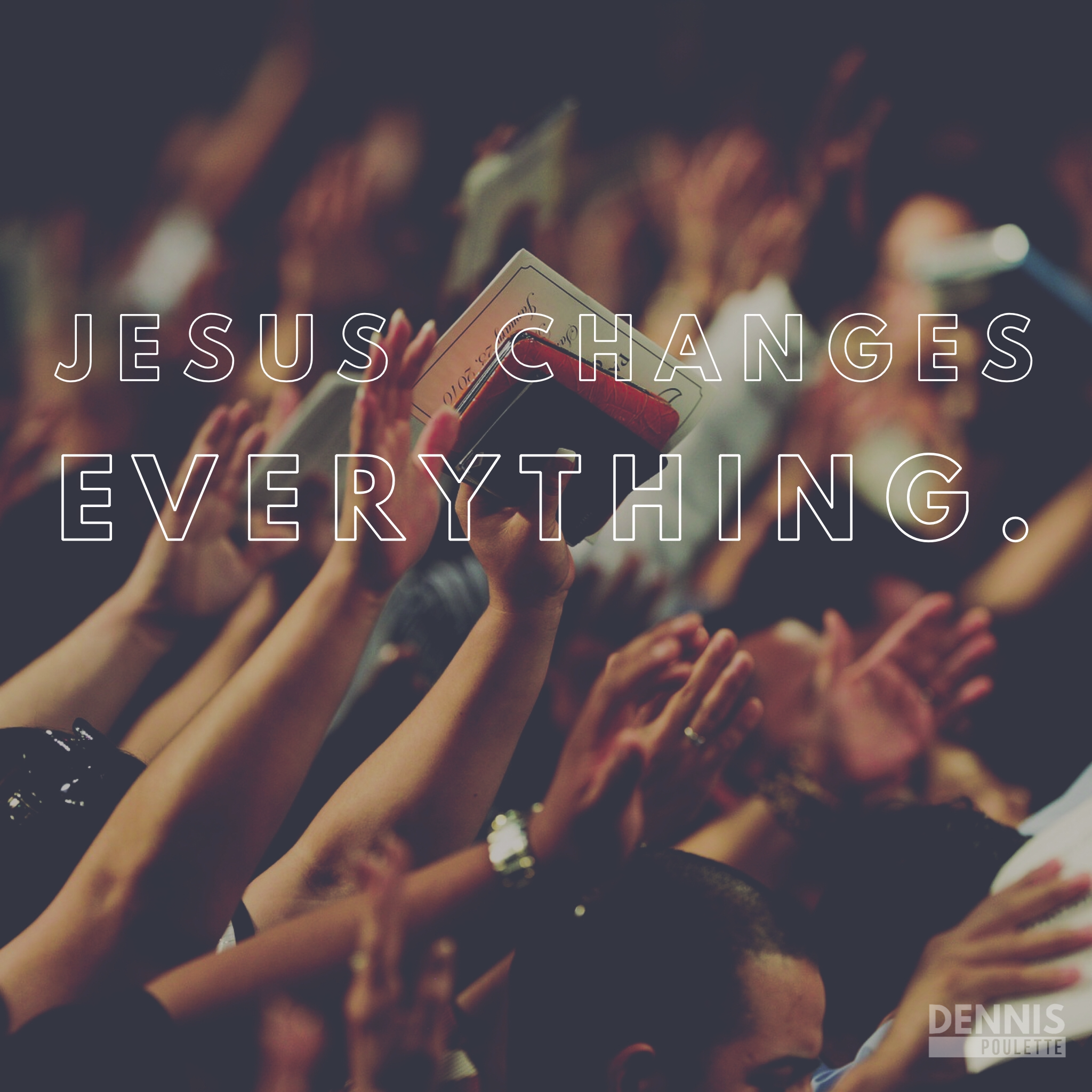For one of my Seminary classes, I read the book Religious Education in the Family by Henry Frederick Cope. The book was written in 1917 but has a lot of insight for today’s families. Here’s my summary of the book and some of the quotes I highlighted.
Summary
 This classic book is a challenge to all parents to understand their children as well as the place of spiritual formation in the family. Cope shares insights about various topics such as: the biblical idea of family, the place of religion in the family, religious education in the family, family worship, the use of the Bible in the family, and many other relevant topics for parents who wish to bring up their children the way God intended. Although written in 1917, the biblical principles that Cope expounds throughout the volume are relevant for today’s family.
This classic book is a challenge to all parents to understand their children as well as the place of spiritual formation in the family. Cope shares insights about various topics such as: the biblical idea of family, the place of religion in the family, religious education in the family, family worship, the use of the Bible in the family, and many other relevant topics for parents who wish to bring up their children the way God intended. Although written in 1917, the biblical principles that Cope expounds throughout the volume are relevant for today’s family.
Quotes I Highlighted
- Do the schools and colleges, Sunday schools and churches teach youth a better way? How else shall they be trained to take the home and family in terms that will make for happiness and usefulness? It is high time to take seriously the task of educating people to religious efficiency in the home (1).
- Families cannot be measured by their size; they must be measured by the character of their products (3).
- No nobler social work, no deeper religious work, no higher educational work is done anywhere than that of the men and women, high or humble, who set themselves to the fitting of their children for life’s business, equipping them with principles and habits upon which they may fall back in trying hours, and making of home the sweetest, strongest, holiest, happiest place on earth (5).
- Along with abandonment of the separate kitchen there has proceeded the abandonment of the parlor in the homes of the middle classes. To lose the old, mournful front room may be no subject for tears, but the loss of the evening family group, about the fireside or the reading-lamp, is a real and sad loss (10).
- Many a man who has left no fortune worth recording to his sons has left them something better, the aptitude for things good and honorable, the memory of a good name, and the heritage of a life that was worthy of honor. The personal life has been always the enduring thing. Our concern for the future should be not whether we can pass on intact the forms of home organization, but whether we can give to the next day the force of ideal family life (15).
- The family is the most important religious institution in the life of today. It ranks in influence before the church. It has always held this place (22).
- We grow spiritually, not only in church and under the stimulus of song and prayer, but we grow when the beauty of the woods appeals to us, when the face lightens at the face of a friend, when we meet and master a temptation, when we brace up under a load, when we do faithfully the dreary, daily task, when we adjust our thoughts in sympathy to others, when we move in the crowd, when we think by ourselves (28).
- It takes us all a long time to learn that we are not, after all, in our homes in order to enjoy peaceful rest, but in order to train children into fulness of life (42).
- The things we do not only indicate character, they determine it (42).
- It is the duty of parents to know what their children are learning in the Sunday school (57).
- Accustom children to getting the light of the Bible on their lives, remembering that this book is a light and not a fence nor a code of laws (68).
- We tend to set the making of a living before the making of lives (73).
- Playing together is the closest living, thinking, and feeling together. Where games are shared, confidences, secrets, and aspirations are shared, too (86).
- The table is the best opportunity for informal, indirect teaching, and this is for children the natural and only really effective form of moral instruction (94).
- The most serious obstacle to the religious education of boys is that most of them are half-orphans; intellectually and spiritually they have no fathers (100).
- The perfect child is the one unborn; shortly after his birth he begins to take after his father (123).


